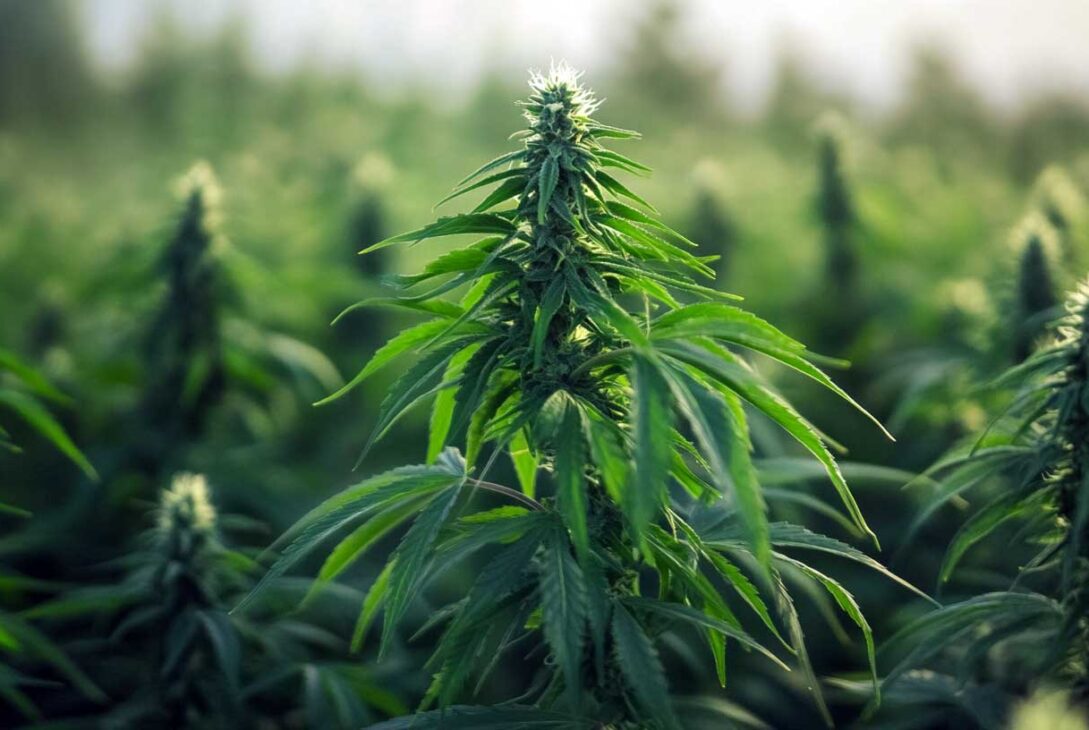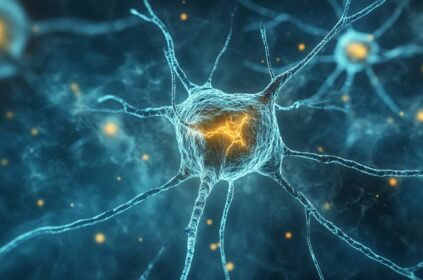Delta-9 THC’s Impact on Cognitive Function: A Comprehensive Guide
Introduction
Delta-9 tetrahydrocannabinol (Δ9-THC) is not just a name that gets thrown around in conversations about cannabis; it’s the primary psychoactive compound that defines much of the cannabis experience. As legalization sweeps across various states in the U.S. and the acceptance of cannabis products grows, understanding how Δ9-THC impacts cognitive function becomes increasingly important. This guide aims to explore the effects of Δ9-THC on the brain, delving into memory, attention, emotions, and how cannabidiol (CBD) might offer some cognitive protection.
The Effects of Delta-9 THC on Cognitive Function
Memory and Learning
One of the most researched areas concerning Δ9-THC is its impact on memory and learning abilities. Quite a few studies point to Δ9-THC’s tendency to interfere with the brain’s ability to encode new information and retrieve stored memories.
- Short-term Memory: Many users report difficulty with short-term recall after using cannabis. Research has shown that acute exposure can lead to noticeable impairments in verbal learning and memory tasks.
- Working Memory: The compound can meddle with working memory, the system we use to hold and manipulate information over short periods. Higher doses, in particular, exacerbate these effects, leading to challenges in tasks that demand multi-tasking or immediate recall of facts.
Attention and Processing Speed
Another area where Δ9-THC exerts its influence is attention, often leading users to experience reduced focus and slower processing speeds.
- Attention Tasks: Users may find themselves misplacing their focus, resulting in increased reaction times and decreased accuracy in tasks requiring attention.
- Dose Response: While these impairments can be more pronounced with higher doses, regular users might develop a level of tolerance, resulting in less noticeable impacts over time.
Executive Functions
Executive functions encompass a range of skills including decision-making, problem-solving, and impulse control. Significantly, Δ9-THC can impact these skills, causing difficulties in judgment or planning.
- Decision-Making: Users may find it harder to make sound decisions while under the influence of Δ9-THC, which can lead to risky choices or oversights.
- Response Inhibition: Research indicates that Δ9-THC can reduce the ability to inhibit responses, making impulsive decisions more likely.
Emotional Processing
The relationship between Δ9-THC and emotional processing is complex. While some users report heightened states of euphoria, others might experience increased anxiety or distress.
- Anxiety Levels: Different individuals react distinctively. For some, Δ9-THC can amplify feelings of anxiety, while for others, it may provide a relaxing effect. This variability makes understanding personal boundaries and experiences crucial.
- Comparison with CBD: Unlike Δ9-THC, CBD can promote a calming effect, suggesting a potential counterbalance when both compounds are used together.
Brain Health and Neural Activation
Regional Brain Activation
Δ9-THC’s influence on brain activity is substantial and primarily targets areas related to cognition and emotional regulation.
- Frontal Cortex and Parietal Cortex: These regions are particularly affected, leading to alterations in emotional and cognitive processing. On the other hand, CBD research indicates it may counteract some of these effects, potentially offering a type of neural protection.
Long-Term Effects
While the immediate impacts of Δ9-THC on cognition are widely studied, its long-term effects are murkier and warrant further investigation.
- Tolerance Development: Frequent users may find that they develop a tolerance to some impairments, but it is yet to be settled whether this leads to long-lasting changes in cognitive function.
- Potential Risks: Concerns about chronic use affecting overall brain health have emerged, particularly in adolescents and young adults whose brains are still developing.
The Role of CBD in Mitigating Δ9-THC Effects
CBD and Cognitive Protection
Emerging research indicates that CBD may serve as a protective agent against some cognitive detriments resulting from Δ9-THC use.
- Combining Cannabinoids: Individuals using cannabis report that strains with a balanced ratio of Δ9-THC to CBD experience fewer negative effects on memory and attention.
- Protective Mechanisms: CBD appears to help maintain cognitive function, suggesting its potential utility in medical applications, particularly for patients sensitive to the effects of THC.
Brain Activation and Emotional Processing
CBD’s effects expand beyond just mitigating negative cognitive impacts; it may actively promote mental wellness.
- Emotionally Balancing Effects: Users seem to experience reduced anxiety, potentially allowing for a more balanced emotional state when combining CBD with Δ9-THC. This may open doors for therapeutic uses, especially in managing anxiety disorders.
Practical Considerations and Safety Tips
Dosage and Frequency
Knowledge about dosage is crucial. Recognizing that the cognitive effects of Δ9-THC vary based on the amount consumed can help users make informed decisions.
- Dose Dependency: It stands to reason that lower doses are usually associated with lesser cognitive impairment.
- Personalizing Intake: Users should consider their body’s reaction to the substance, adjusting dosage accordingly to find their comfort zone.
Combining Δ9-THC and CBD
As mentioned, using products with both Δ9-THC and CBD may offer a more rounded experience with fewer cognitive drawbacks.
- Exploring Ratios: Current research is only beginning to uncover the best THC-to-CBD ratios, leaving consumers with a valuable area for personal experimentation.
Medical Use and Regulation
Δ9-THC is recognized for medicinal purposes in various contexts, particularly to stimulate appetite in certain medical conditions.
- Caution in Recreational Use: While its medical applications are expanding, recreational use should be approached with caution, particularly for individuals with a predisposition to anxiety or cognitive impairments.
Conclusion
Understanding the complex relationship between Δ9-THC and cognitive function is vital for anyone considering its use, whether for recreational or medical purposes. The potential cognitive impairments, including those affecting memory, attention, and executive function, should be weighed against possible benefits. Moreover, the emerging role of CBD indicates a promising pathway for mitigating some negative effects of Δ9-THC.
In summary, awareness of dosage, individual responses, and the potential benefits of combining cannabinoids can inform safer, more effective use. As research continues to unveil the nuances of cannabis and its components, being educated empowers consumers to make choices that support both their health and overall well-being.
Key Takeaways
- Δ9-THC can impair memory, attention, and executive functions.
- Higher doses intensify cognitive impairments.
- CBD offers protective effects against some cognitive adverse effects of Δ9-THC.
- Both cannabinoids influence brain health, emphasizing the importance of their interaction.
- Medical uses of Δ9-THC are recognized, but recreational caution is advised.
Staying informed and making responsible choices are essential. For the latest insights and tips on hemp and CBD, visit our blog or explore our resources at mycbdadvisor.com.




















